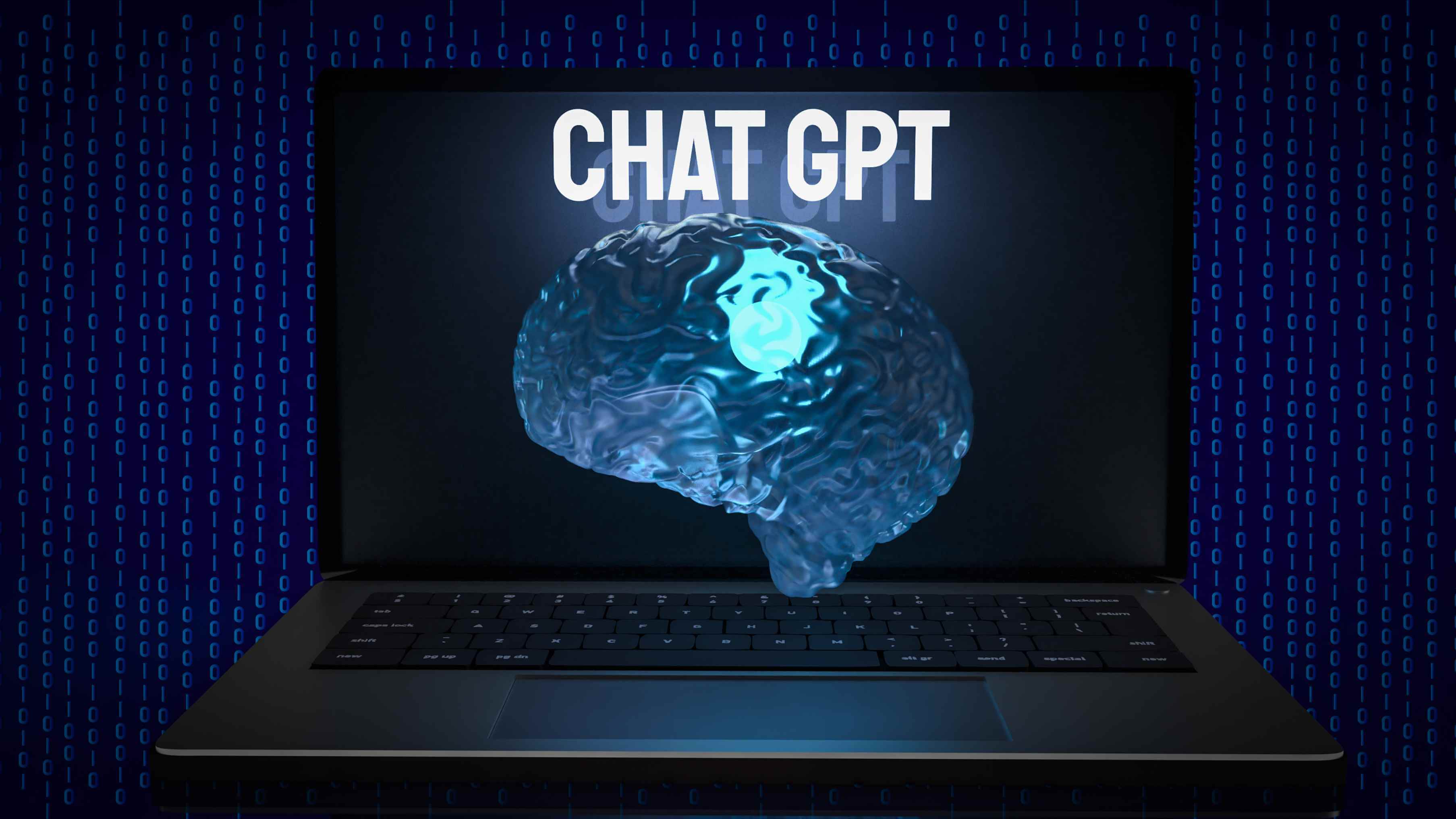Identity resolution is the process of identifying, linking, and merging fragmented data about a customer from multiple sources to create a single, comprehensive, and accurate profile.
This process enables marketers to gain a 360-degree view of their customers, which is critical for delivering personalized experiences and implementing targeted marketing strategies.
- Gathering customer data from various touchpoints (e.g., website visits, emails, social media).
- Linking various identifiers to the same person to create consistent data profiles.
- Merging fragmented data into a single customer profile to eliminate silos and create a more accurate representation.
- Enhancing profiles with additional data from external sources to build a more complete and comprehensive customer picture.
Why Does Accurate Customer Identification Matter for Marketers?
Accurate customer identification is an essential tool for marketers because it allows them to:
- Tailor messages and offers based on a customer’s preferences, behaviors, and purchase history.
- More precise audience segmentation leads to better targeting, reducing ad spend wastage.
- When brands understand their customers' preferences and needs, they can provide more relevant content and enhancing customer relationships.
- By recognizing and nurturing customer relationships, marketers can increase repeat purchases and brand loyalty, ultimately boosting CLV.
The Role of AI in Identity Resolution
Traditional identity resolution methods are often time-consuming and open to errors. However, AI algorithms such as machine learning (ML) and Natural Language Processing (NLP) can analyze large datasets in real-time to identify patterns and resolve inconsistencies more efficiently and accurately.
How AI Enhances Data Matching and Unification
AI enhances identity resolution by automating the processes and improving the accuracy of data matching and unification. AI is capable of analyzing vast amounts of data from multiple sources and identifying patterns that human marketers may struggle to detect.
- Extracts useful information from unstructured data such as customer reviews, emails, or social media interactions.
- Detects variations in customer identifiers and links them to the correct profile.
- Groups similar data together to identify patterns and link disparate data points.
Machine Learning & Predictive Analytics in Identity Resolution
Machine learning (ML) andpredictive analytics are transformative tools in identity resolution by enabling brands to anticipate future customer behavior based on past interactions.
ML Techniques:
- Ensures accurate customer profiles by linking data points based on historical patterns.
- Identifies unusual data to improve profile accuracy.
Predictive Analytics:
- Anticipates behaviors like purchase intent or churn, allowing marketers to engage customers proactively with relevant offers.
The Difference Between Traditional and AI-Powered Identity Resolution
Traditional identity resolution relies on rule-based systems and human input, making it slower and more prone to errors. In contrast, AI-powered solutions are faster, more accurate, and scalable.
Here’s a comparison of the two:
|
Traditional Identity Resolution |
AI-Powered Identity Resolution |
|
Manual processes for linking customer data |
Automated data matching and unification |
|
Limited ability to handle large datasets |
Uses advanced algorithms to improve accuracy over time |
|
More prone to human errors |
Scalable and can handle massive datasets |
|
Requires significant human intervention and effort |
Offers predictive insights to improve customer engagement |
Benefits of AI-Powered Identity Resolution for Marketing

AI-powered identity resolution offers several significant advantages for marketers, helping them build more accurate customer profiles, create personalized experiences, and optimize their marketing efforts.
AI eliminates human error, reduces data duplication, and enhances customer targeting by automating the data-linking process.
1. More Accurate Customer Profiles for Better Targeting
AI helps marketers create accurate customer profiles by combining data from multiple channels. This improves segmentation, allowing for tailored strategies that align with specific needs.
- AI aggregates data from various touchpoints to create a more complete view of each customer.
- With better insights intocustomer behavior, marketers can predict lifetime value more effectively, leading to more personalized campaigns and improved business outcomes.
2. Enhanced Personalization and Customer Engagement
AI enables enhanced personalization by leveraging accurate customer data, allowing marketers to deliver tailored experiences.
- AI ensures the right message reaches customers at the right time, boosting conversion rates.
- Personalized marketing leads to higher customer satisfaction and more lasting customer-brand relationships.
3. Improved ROI for Ad Campaigns and Marketing Strategies
AI-powered identity resolution optimizes ad campaigns and marketing strategies by ensuring messages reach the right audience.
| Benefit | Explanation |
| Better ad targeting | AI ensures marketing messages reach a more relevant audience, reducing wasted spend. |
| Higher ROI | Optimized ad campaigns lead to higher revenues while efficiently using advertising budgets. |
| Data-driven decisions | AI allows for smarter decisions, improving marketing effectiveness and overall impact. |
4. Reducing Data Duplication and Ensuring Compliance
AI plays a crucial role in reducingdata duplication, ensuring customer profiles remain accurate and up-to-date.
- AI identifies and merges duplicate records, preventing errors.
- AI reduces the risk of privacy violations and ensures compliance with regulations like GDPR.
- Cleaner data and adherence to privacy regulations build stronger trust between businesses and customers.
Challenges & Considerations

Despite its many advantages, AI-powered identity resolution comes with challenges and considerations that marketers must address. Marketers need to weigh these factors to implement AI solutions responsibly and effectively.
Privacy, Data Security, and Compliance Concerns
One of the biggest challenges in using AI for identity resolution is ensuring that customer data is handled responsibly and in compliance with regulations like GDPR and CCPA.
- Marketers need to be transparent about data usage and ensure that their AI platforms follow privacy laws.
- It’s essential to ensure that AI systems don’t compromise customer privacy.
Here are some practices to mitigate these challenges:
- Ensures sensitive data is protected and kept secure.
- Customers should be informed and give explicit consent for data usage.
- Frequent checks to ensure compliance and responsible data handling.
How to Choose the Right AI-Powered Identity Resolution Platform
When selecting an AI-powered identity resolution platform, marketers should consider several factors to ensure they choose the right solution for their needs.
| Feature | Description |
| Data Integration | The ability to integrate with multiple data sources. |
| Scalability | Ensure the platform can grow with your business needs. |
| Compliance | The platform should adhere to global privacy regulations like GDPR and CCPA. |
| Real-Time Processing | Ability to process data in real-time for timely insights. |
Frequently Asked Questions

How does AI improve identity resolution for marketers?
AI automates the process of matching and unifying customer data from multiple sources, improving accuracy and scalability. It also uses machine learning to continuously improve data quality and customer insights.
What are the biggest advantages of AI-driven identity resolution?
AI offers more accurate customer profiles, enhanced personalization, better targeting, improved ROI, and ensures compliance with data privacy regulations.
How does AI help with cross-channel customer identification?
AI can track customer interactions across various channels (e.g., online, in-store, mobile) and link them to a single profile, ensuring a seamless experience.
Is AI-powered identity resolution compliant with data privacy laws?
AI-powered platforms can be designed to comply with data privacy regulations like GDPR and CCPA by ensuring that data is processed securely and with customer consent.
How can brands integrate AI-based identity resolution into their marketing tech stack?
Brands can integrate AI-based identity resolution tools with their existing CRM systems, data analytics platforms and marketing automation tools to enhance customer insights and improve marketing outcomes.






















